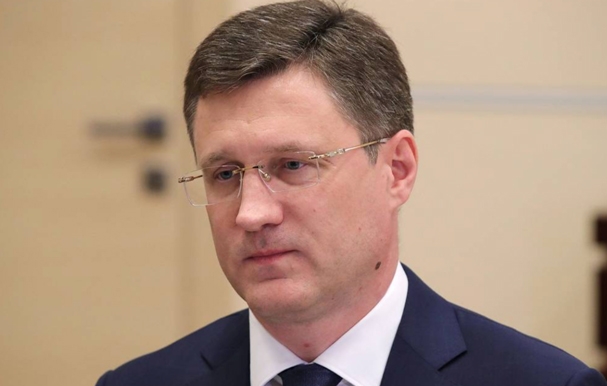
New Nation Report :
Despite repeated requests by the Biden administration, OPEC Plushas been adamant against increasing production targets beyond the modest 400,000 per day every month which is outrageously inadequate. Oil and gas form the primary source of foreign exchange for the Putin regime accounting for more than 60% of Russia’s exports.
Widely unnoticed from cryptic explanations behind OPEC Plus’s rationale for not increasing output is the fact that Russian Deputy Prime Minister, Alexander Novak, is a co-chair of OPEC Plus.
Oil prices have risen from $55 to more than $120 since Biden took office on January 27, 2021.
It’s no secret that Russia’s totalitarian administration has complete control over its natural resource exports and benefits directly from them. Putin obtains US $1 billion per day from oil alone, plus another US $600 million per day from natural gas exports, equating to complete control of his military and government at present pricing.
Despite this large hydrocarbon-based revenue stream, Russians remain impoverished. In fact, the country’s per capita income is lower than China’s.
Although Moscow is not a member of OPEC, it joined an alliance with the Saudi-led cartel in 2016 called OPEC Plus. The two had a brief spat during the start of the pandemic in 2020, resulting in a price war, but quickly patched things up. To the chagrin of some other members, Riyadh and Moscow are in charge of OPEC Plus to a large extent.
Russia is one of Opec-top plus’s two producers, and it was a hesitant participant in ongoing output reduction at first.
It stepped away from the alliance at the outset of the Covid-19 outbreak two years ago, resulting in a production “free-for-all” that drove oil prices tumbling.

Is Putin in control of the oil cartel?
The Gulf Cooperation Council, which includes Saudi Arabia and the United Arab Emirates, voted unanimously to halt the conflict.
Algeria, Angola, Iran, Iraq, Kazakhstan, Equatorial Guinea, and South Sudan were among the Opec-plus members who voted against the resolution.
The vote demonstrates how splintered the producer group may become if politics were factored into the market management equation.
Despite Opec Plus’s non-cooperation, things are not totally moving in a directionthat benefits Putin’s. Russia generates 10% of world oil production. However, analysts believe that despite discounts of up to 20%, Russian crude is failing to find consumers as purchasers and shippers seek oil abroad, fearful of being caught up in Western sanctions against Moscow. Almost 70% of Russian traded petroleum is affected.
Oil firms in the United States have a tense relationship with Joe Biden, who pledged to make a speedy transition to renewable energy as one of his electoral promises. The Keystone XL pipeline, which goes from Alberta’s Western Canadian Sedimentary Basin to refineries in Illinois and Texas, as well as oil tank farms and an oil pipeline distribution facility in Cushing, Oklahoma, was destroyed by the Biden administration. In addition, Biden ordered moratoriums on shale oil production on public lands. However, 14 states in the United States have challenged the executive order.
Mechanisms to limit price rises appear to be in scarce supply. The International Energy Agency’s announcement on Tuesday of a 60-million-barrel emergency release of oil held in reserves provoked a price spike rather than the expected market cooling.
Putin’s abdication cannot take place, according to certain analysts, unless Russian oil and gas exports are shut off. This is the only way for Ukraine and the rest of Europe to survive Putin’s gas chamber.

